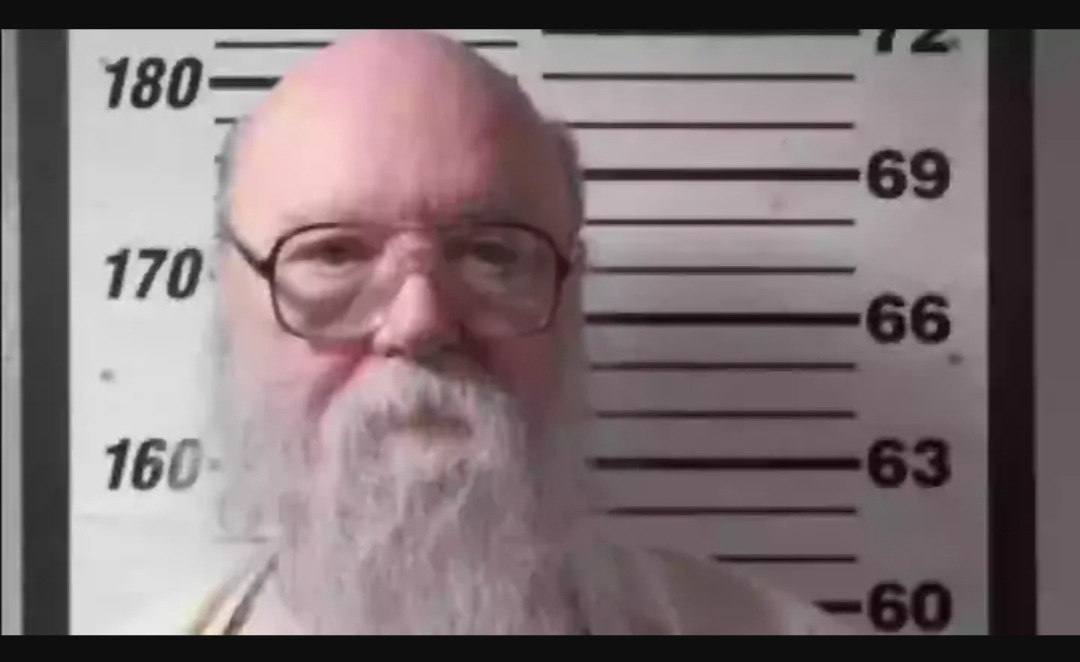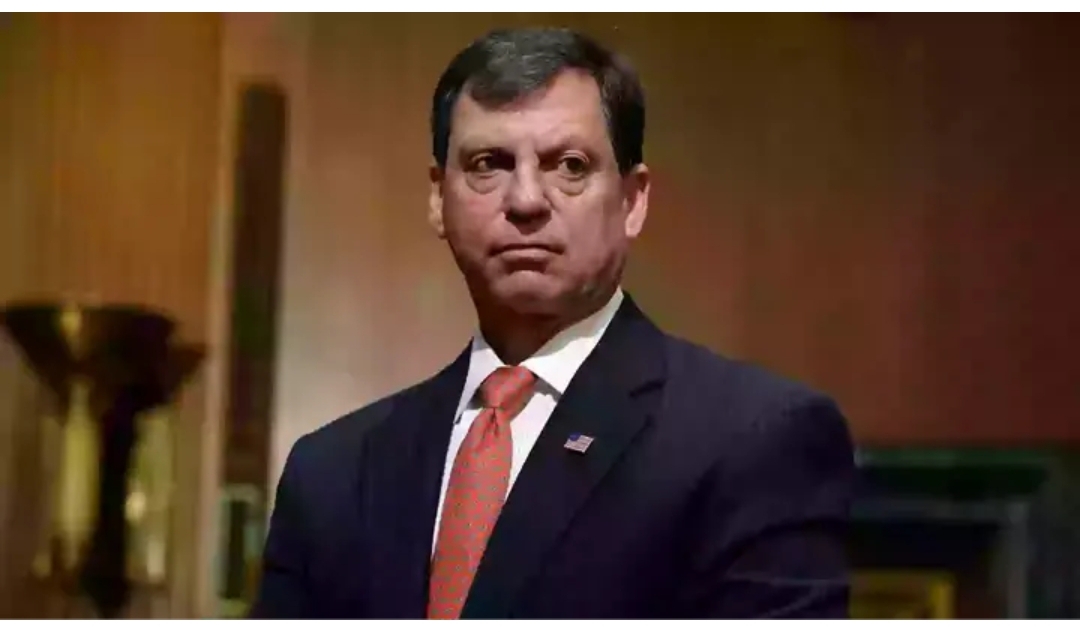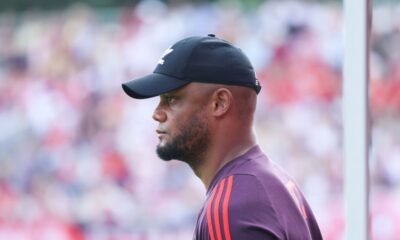Here we go behind the historic June 12, 1993 presidential election in Nigeria. This election is considered the freest and fairest election in the annals of Nigeria’s history. Then why was it annulled?
Background
On the 31st of December, 1983, the military aborted the second attempt of Alhaji Sheu Shagari to run a democratic government due to gross electoral misconducts that happened during the election. The military seized power in a bloodless coup and installed Major-General Mohammadu Buhari as the Head of State and the Commander-In-Chief of the armed forces…Click Here To Continue Reading>> …Click Here To Continue Reading>>
Realizing Buhari’s administration had no intention of returning power to the democratic government, Gen. Ibrahim Babangida, the Chief of Army Staff to Maj.-Gen. Buhari seized the power in a bloodless coup on the 27th of August, 1985 and instantly began to plan the transition to a civil rule programme
After several false declarations that the transition programme had commenced, President Babangida’s military administration found itself under much pressure within and outside the country to return power to the democratic government. Unable to bear the pressure, President Babangida’s administration set up an electoral commission (National Electoral Commission) under the chairmanship of Prof. Humphrey Nwosu to conduct an election that will usher in the much desired democratic government.
June 12 1993 Presidential Election
The National Electoral Commission (NEC) registered two political parties for the election. The two parties were: Social Democratic Party (SDP) with M.K.O. Abiola as the party’s flag bearer; and National Republican Convention (NRC) which had a Kano businessman, Bashiru Tofa, as its flag bearer. The political parties, both SDP and NRC, lavished a huge sum of money on their political campaigns. In fact, the campaigns were considered the “most robust” political campaigns in Nigeria.
However, the chairman of NEC, Prof. Humphrey Nwosu and other officials of the electoral commission set June 12, 1993 as the date for the presidential election which was to bring an end to the military regime of President Babangida.

For the first time in the history of Nigeria, almost all eligible Nigerians trooped out to cast their votes. More than half of the votes went to M.K.O. Abiola which thus gave him a clean victory over his opponent, Bashiru Tofa. In fact, Bashiru Tofa lost in his ward which showed how acceptable M.K.O. Abiola was throughout the Country.
Result of the June 12, 1993 presidential election:
- Social Democratic Party (SDP) – 8,341,309 = 58.36%
- National Republican Convention (NRC) – 5,952,087 = 41.64%
- TOTAL- 14,293,396- 100%
The Annulment
No sooner had NEC began to announce the result of the election than President Ibrahim Babangida declared it annulled. In the annulment speech delivered by Babangida, he said
“There were allegations of irregularities and other acts of bad conduct levelled against the presidential candidates but NEC went ahead and cleared them. There were proofs as well as documented evidence of widespread use of money during the party primaries as well as the presidential election. These were the same bad conduct for which the party presidential primaries of 1992 were cancelled. The evidence available to the government put the total amount of money spent by the presidential candidates at over two billion, one hundred million naira.”. Read the full speech here.
The whole world was stunned and enraged, particularly Nigerians. This was followed by riots, street protests and planned civil disobedience. The country was thrown into sudden chaos. Consequently, President Babangida stepped aside on the 26th of August 1993 and set up the Chief Earnest Shonekan led Interim National Government which Gen. Sanni Abacha later sacked on November 17, 1993, and took over the government. This again caused fresh riots and protests in the country which left many people locked behind bars and some, dead. READ FULL STORY HERE>>>CLICK HERE TO CONTINUE READING>>>
Abiola Versus Abacha
For some reasons, M.K.O. Abiola believed that Gen. Sanni Abacha, the new Head of State, will hand over power back to him and therefore persuaded many of his followers to support his administration. But the reverse was the case! Abacha didn’t do what M.K.O. Abiola had expected him to do.

This enraged Abiola and forced him to declare a Government of National Unity at Epetedo in Lagos, on the 11th of June, 1994. In a speech titled ‘Enough is Enough’, Abiola said,
“As of now, from this moment, a new Government of National Unity is in power throughout the length and breadth of the Federal Republic of Nigeria, led by me, Bashorun M.K.O. Abiola, as President and Commander-in-Chief. The National Assembly is hereby reconvened. All dismissed governors are reinstated. The State Assemblies are reconstituted, as are all local government councils. I urge them to adopt a bi-partisan approach to all the issues that come before them.
At the national level, a bi-partisan approach will be our guiding principle. I call upon the usurper, General Sani Abacha, to announce his resignation forthwith, together with the rest of his illegal ruling council. We are prepared to enter into negotiations with them to work out the mechanics for a smooth transfer of power. I pledge that if they hand over quietly, they will be retired with all their entitlements, and their positions will be accorded all the respect due to them. For our objective is neither recrimination nor witch-hunting, but an enforcement of the will of the Nigerian people, as expressed in free elections conducted by the duly constituted authority of the time.
I hereby invoke the mandate bestowed upon me by my victory in the said election, to call on all members of the Armed Forces and the Police, the Civil and Public Services throughout the Federal Republic of Nigeria, to obey only the Government of National Unity that is headed by me, your only elected President. My Government of National Unity is the only legitimate, constituted authority in the Federal Republic of Nigeria, as of now.
Abiola proceeded,
I cannot surrender (my mandate) unless the people so demand and it is by virtue of this mandate that I say that the decision of the Federal Military Government to cancel the results (of the elections) is unpatriotic and capable of causing undue and unnecessary confusion in the country.”
Abiola’s action led to his arrest and imprisonment. Two years later, while struggling to restore her husband’s mandate, Abiola’s wife, Alhaja Kudirat Abiola, was assassinated on the 4th of June, 1996. Abacha’s government was accused of the assassination.
Gen. Sani Abacha’s iron-handed regime came to an end on the 8th of June, 1998 due to his sudden death which cause, till today, remains controversial.
M.K.O Abiola’s Controversial Death
Thirty days later, 7th of July, 1998, Abiola died in the presidential clinic after a meeting with some American delegates at the Akinola Aguda House in the presidential villa. The American delegates were Thomas Pickering, US under-secretary for political affairs, Susan Rice, assistant secretary of state for Africa and William Twaddell who was the US ambassador to Nigeria.
Gen. Abdulsalam Abubakar had taken over the government on the 9th of June, 1998, immediately after Abacha’s death. He eventually handed power over to the democratic government of Chief Olusegun Obasanjo on the 29th of May, 1999.




















